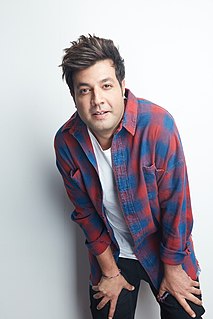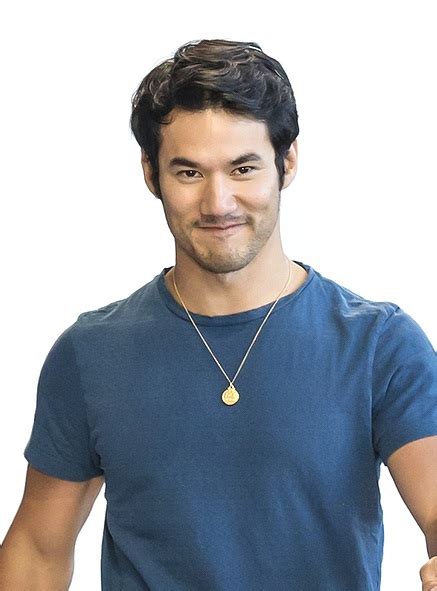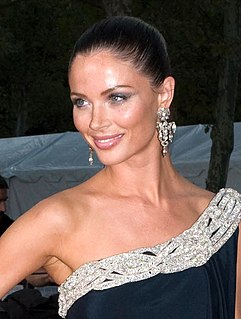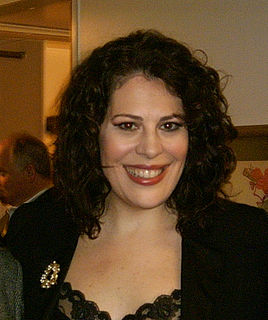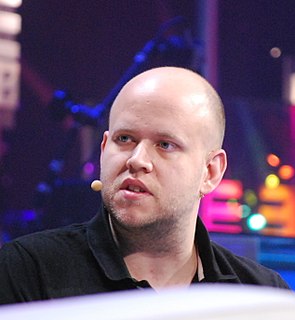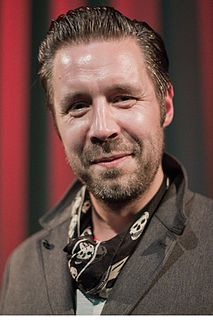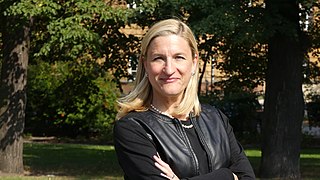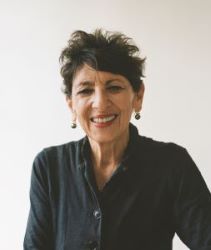A Quote by Varun Sharma
I had no idea about how my life would change after 'Fukrey.'
Related Quotes
For sure, one moment really defined the path that I was to take in the future, and that was when I won the Metropolitan Opera National Council Auditions in New York in April of 1995. I had just turned 25 two days before the finals concert, and when I won, I had no idea how my life would change because of it.
I suppose I just had this Christian idea about how I ought to go about my life. I thought, 'If I work really hard and have a bit of success, the problems I'd had all my life would leave me.' But, of course, not a bit of it left me because Asperger's is not something you just get over or grow out of.
I had to change. I had to change was the thought that drove me in those months of planning. Not into a different person, but back to the person I used to be—strong and responsible, clear-eyed and driven, ethical and good. And the PCT would make me that way. There, I’d walk and think about my entire life. I’d find my strength again, far from everything that had made my life ridiculous.
Those silly girls had no idea what they were really celebrating. They had no idea what it took to bring Agatha and her friends together seventy-five years ago. The Women's Society Club had been about supporting one another, about banding together to protect one another because no one else would. But it had turned into an ugly beast, a means by which rich ladies would congratulate themselves by giving money to the poor. And Agatha had let it happen. All her life, it seemed, she was making up for things she let happen.
And then, one Thursday, nearly two thousand years after one man had been nailed to a tree for saying how great it would be to be nice to people for a change, a girl sitting on her own in a small café in Rickmansworth suddenly realized what it was that had been going wrong all this time, and she finally knew how the world could be made a good and happy place. This time it was right, it would work, and no one would have to get nailed to anything.
